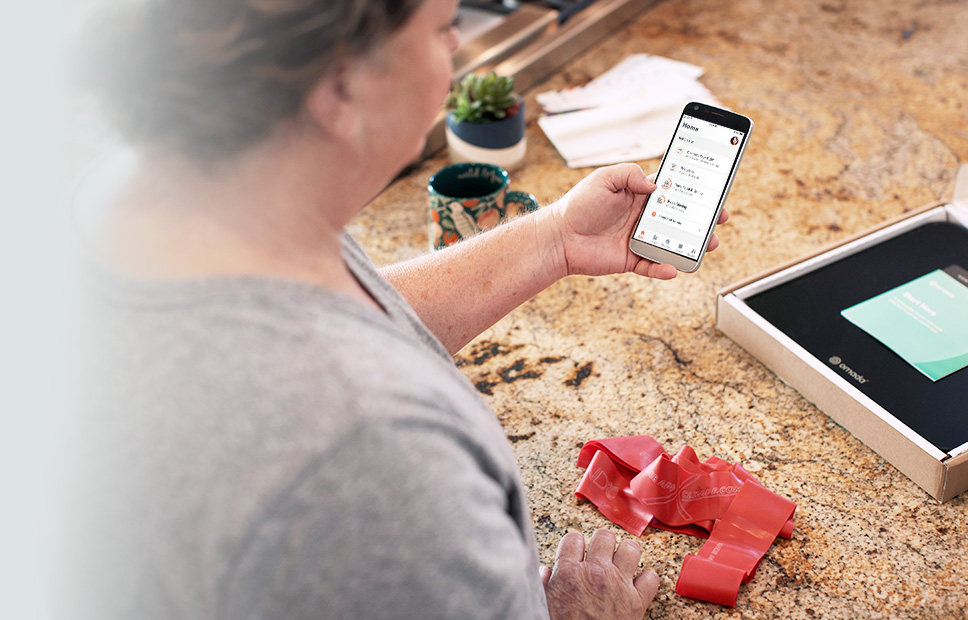The number of adults with depression increased around the world during the pandemic. The demand and need for mental health support in the United States far exceed the available supply. Social distancing requirements made the digital delivery of this care ever more important. In response, the adoption of mental health services has skyrocketed, in particular those that have a remote component.
The American consumer telehealth and mail-order prescription services Hims and Hers – are offering free group therapy, the campaign calls for public access to digital therapeutics during a pandemic and more digital health news briefs. The brands started anonymized group therapy and guided meditation sessions led by a licensed mental health practitioner. The group sessions were even being offered free of charge in light of COVID-19 stress and there are also wait-for lists for mental health-focused services, such as individual online therapy.
The licensed physicians practising on telemedicine platforms, implement a strategy where providers consider the patient’s conditions, treatment options, medical evidence behind those options, benefits and risks of treatment and preferences. Then, physicians and patients execute a treatment plan together. Doctors’ ability to communicate directly with patients, no matter their physical location, has introduced an entirely new level of patient engagement. The healthcare platforms like Hims and Hers, close care gaps caused by geographic barriers and have the capacity to increase access to healthcare for many Americans.
Omada Health provides the chronic-disease-management startup’s Behavioral Health Program which matches members with a live coach and other resources to help reduce their stress, anxiety or depression. Omada’s approach tackles a host of chronic conditions, including diabetes, hypertension and musculoskeletal (MSK). The physical therapists within Omada Health’s MSK platform highlight the critical connection between behavioural health and chronic pain, so they are primarily focused on the mindset to manage chronic pain.
A paper from the American Psychologist journal found that psychologists conducted over 85% of their clinical work during the pandemic by means of telepsychology, representing a 12-fold increase since the onset of the crisis. And even after the pandemic, nearly 35% of that kind of work continues by means of telepsychology.











